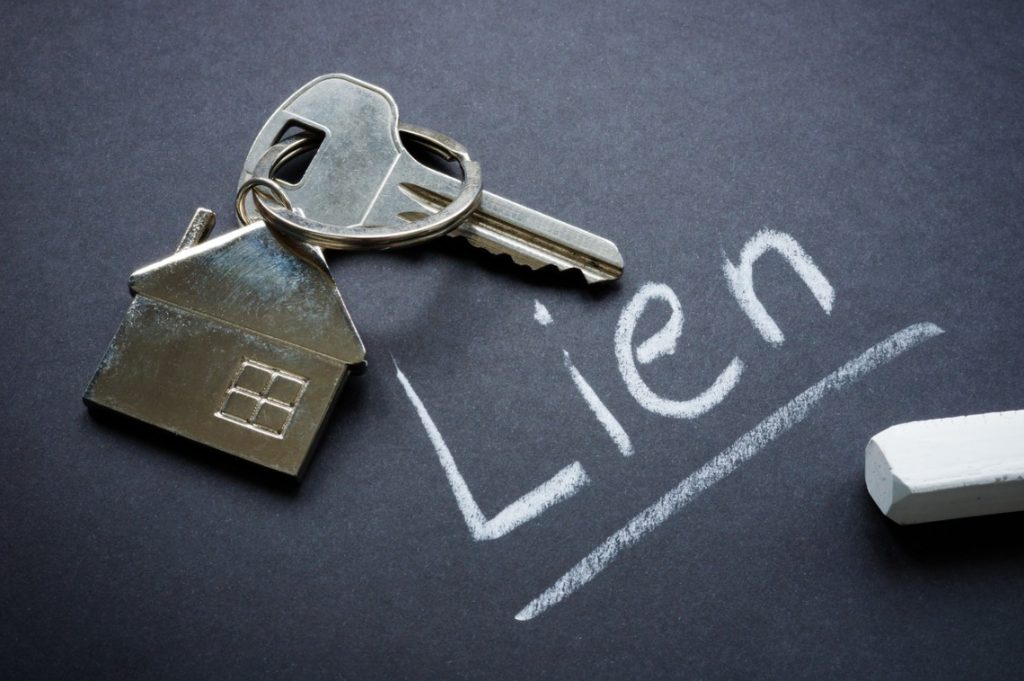Why Liens and Violations Don’t Have to Kill Your Sale
Finding out there’s a lien on your home—or that the city issued code violations—can feel like a dead end. It isn’t. Homes with tax liens, HOA liens, municipal fines, mechanics’ liens, or open permits sell every day in North Carolina. The key is working with a buyer and closing attorney who know how to clear title efficiently. When you sell as-is for cash, there’s no lender to slow things down, and the closing team can resolve items at or before closing. If you want a clean number to compare, start with a no-obligation quote on our Get a Cash Offer page.

What Counts as a “Title Issue” vs. a “Condition Issue”
Title issues live on paper: liens, judgments, unpaid taxes, and unreleased mortgages. Condition issues live in the house: unsafe wiring, roof damage, unpermitted work, or failed inspections. Title items block a sale until cleared; condition items can often be priced into the offer. Our process on How to Sell Your House covers both tracks, so you know what gets handled where.
Common Liens and How They’re Resolved
Property tax and municipal liens
Unpaid property taxes or city utility bills typically attach to the property. At closing, the attorney orders a payoff from the tax office, collects the amount from sale proceeds, and releases the lien. You don’t have to pay them ahead of time if the equity covers it.
HOA and assessment liens
Homeowners’ associations can record liens for overdue dues, assessments, or fines. The closing attorney requests a ledger from the HOA or management company, obtains a payoff, and clears the lien on the settlement statement.
Mechanics’ liens and contractor claims
If a contractor recorded a lien for unpaid work, the attorney requests a payoff or negotiates a release. In some cases, older liens can be invalid if they weren’t renewed on time; the attorney will verify.
Judgments and old mortgages
Old second mortgages, judgments, or unreleased deeds of trust can surface in a title search. Attorneys track down the lender or their successor to file a satisfaction. When a party no longer exists, legal affidavits and title insurer guidance help clear the cloud.
What About Code Violations and Open Permits?
Active violations
Cities can issue violations for unsafe conditions, unpermitted additions, trash/debris, or overgrowth. In an as-is sale, you usually don’t fix these before closing. Instead, we factor the work into the offer and coordinate with the city to satisfy fines at closing if needed. This avoids months of rehab and re-inspections.
Open or expired permits
If a permit was pulled but never closed, the city may require a sign-off. A cash buyer can accept the property with the permit open, then finish or properly close it after purchase. Your goal is a smooth transfer; the buyer takes the project from there.
Rental and minimum-housing standards
If the property is a rental, local registries or inspections may apply. We routinely purchase tenant-occupied homes and handle compliance after closing, so you aren’t stuck making the unit “show perfect.”
How the “As-Is” Cash Process Works When You Have Issues
One conversation to map the hurdles
Share the address and what you know: letters from the city, HOA notices, contractor disputes, or tax statements. If you don’t have paperwork, that’s okay—the attorney’s title search will surface recorded items. You can begin here: Get a Cash Offer.
One short walkthrough—no showings
There’s a single visit to confirm the condition. No open houses, no staging, and no repeated inspections. This keeps neighbors and HOAs calm while we work toward closing.
A clear offer that includes solutions
We present a written number with no agent commissions and detail which fees we’ll cover. If liens or fines exist, we show how they’ll be handled on the settlement statement so you can see your expected net. If you want a preview of how we communicate, read real seller stories on our Reviews page.
Close with a North Carolina attorney.
The attorney orders all payoffs, obtains releases, and clears title so you can transfer ownership cleanly. Because there’s no lender, closing dates are flexible—you choose what fits your timeline. Learn more about our approach on About Us or check coverage on our Service Area.

How Pricing Works When There Are Liens or Fines
Start from ARV, subtract real costs.
We estimate the after-repair value (ARV), subtract renovation, holding, and resale costs, then account for any municipal fines or payoff amounts. The goal is transparency, so you can decide quickly without surprises down the line.
Timeline affects numbers
If you need an accelerated closing to avoid additional penalties or a sale date, we can often move quickly. Fast logistics may slightly change the offer, but they protect your bottom line by stopping new fees and extra months of carrying costs.
Net proceeds, not just price
Your decision should be based on net: offer price minus lien payoffs, taxes, and customary closing items. With a direct sale, there are no listing commissions, and you avoid pre-sale repairs. Ask for a simple net sheet so you can compare paths apples-to-apples.
Realistic Scenarios You Can Navigate
You have equity, but multiple small liens.
The settlement statement groups payoffs and releases them at closing. You don’t need to chase every creditor first—the attorney collects and wires from your proceeds.
You have little equity and a large lien.
When equity is tight, we explore lien negotiations or a short-sale-style approach with the creditor. A firm cash contract and reliable close date often make approvals easier.
You can’t fix violations before a deadline.
A direct buyer can close before the deadline, then assume responsibility for bringing the home up to code. This avoids daily fines and lengthy re-inspection delays on your watch.
Why Not Just List It on the MLS?
You can, but be prepared for inspection addenda, lender conditions, and buyers who expect move-in-ready. If time and certainty matter—or the property needs significant work—the MLS route can add months and still circle back to a price that already assumes repairs. A direct sale sets expectations up front and gets you to the finish line faster. If you’re weighing both routes, our How to Sell Your House page outlines each step so you can choose with confidence.
Your Straightest Line to “Sold”
If liens, fines, or code violations are standing between you and a clean exit, a transparent, as-is cash offer can cut through the red tape. We’ll explain the numbers, coordinate with the city and HOA if needed, and work with a local attorney to clear title. Get your no-obligation offer today on Get a Cash Offer or reach us at Contact Us.
